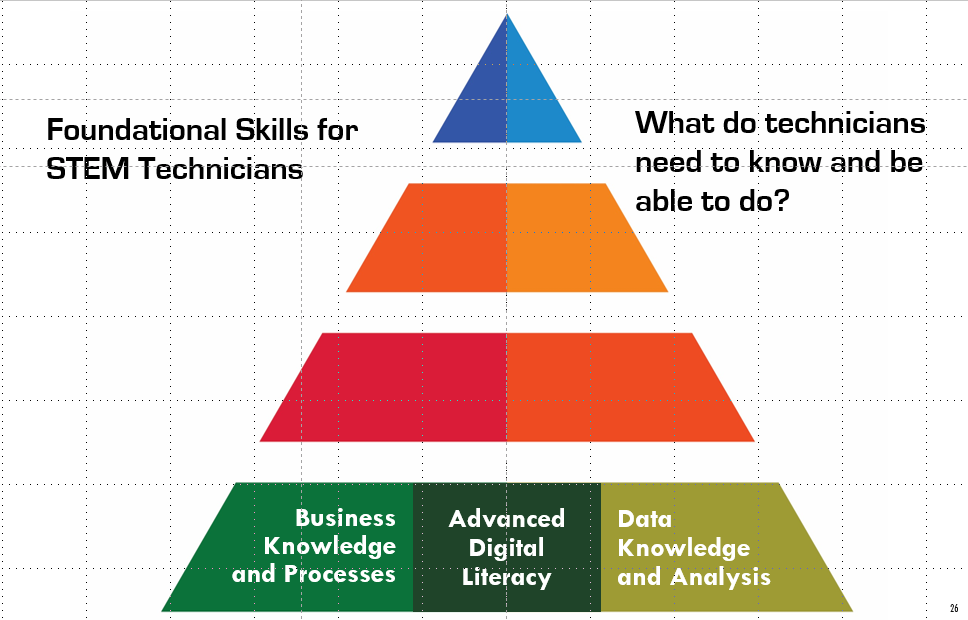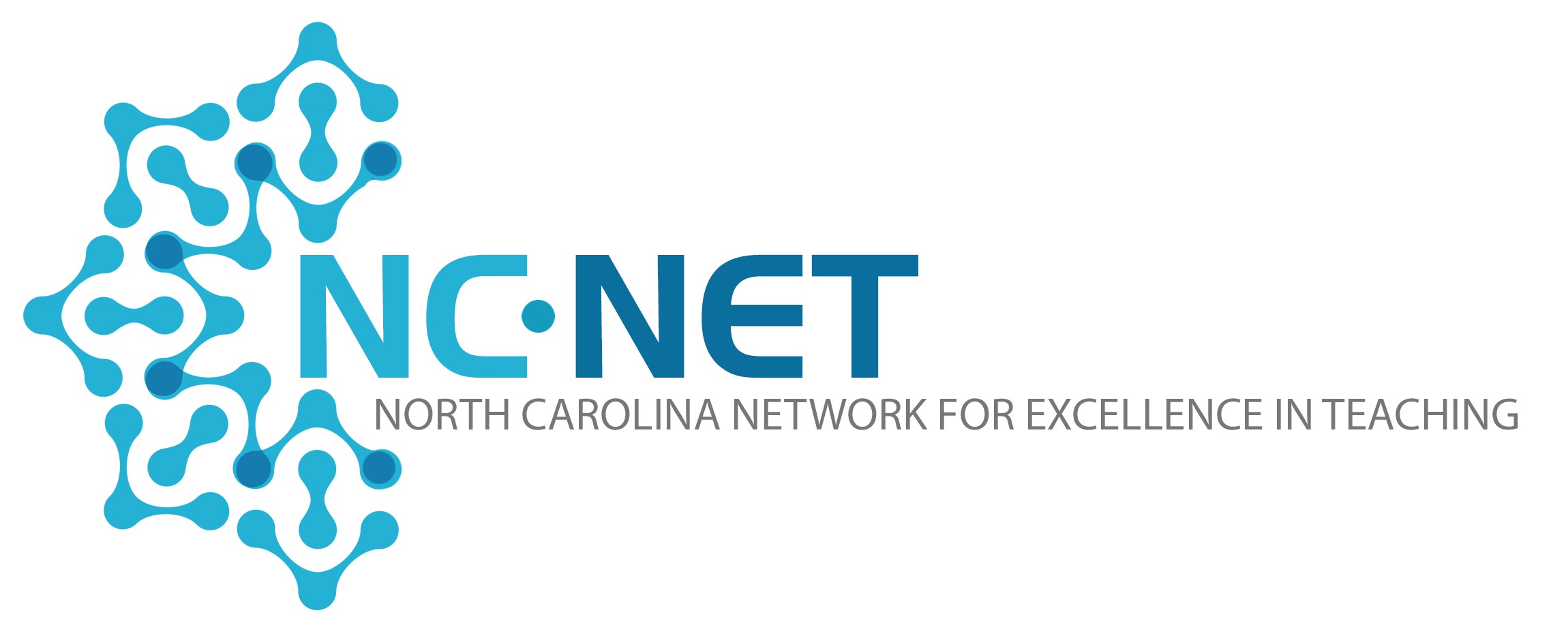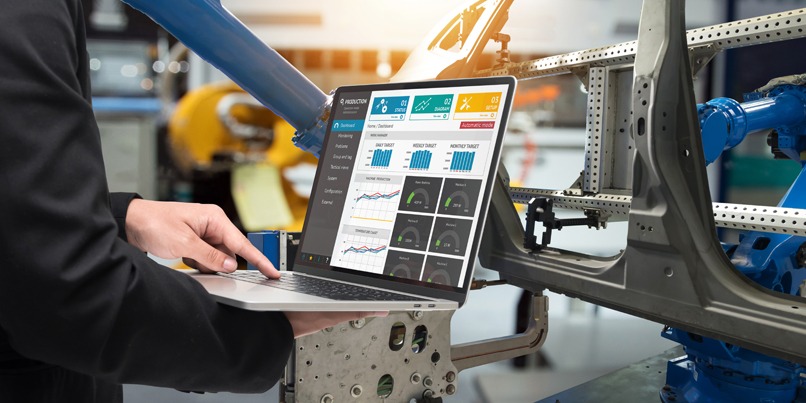Technology advances are changing industries at an unprecedented pace, demanding an expanding array of knowledge, skills, and abilities from technicians in the STEM disciplines. The workplace is undergoing a major transformation driven by automation, artificial intelligence, machine learning, the internet-of-things, evolving cybersecurity needs, advanced robotics, digital design prototyping, and other technologies. These Future of Work trends are bringing about rapid changes for the technician workforce and pose both challenges and opportunities for technician training and education. Cities and organizations across the country have engaged in dialogue to understand and better prepare for the workplace shifts that are already underway. As machines and systems become smarter and efficiency increases, what do technicians do? Are there new skills they will need to be “future-proof” as new technologies are adopted?
Preparing Technicians for the Future of Work (PTFOW), a National Science Foundation ATE project led by the Center for Occupational Research and Development (CORD), has gathered input from stakeholders representing education, industry, and workforce interests to determine ways to actively prepare for the impacts of emerging technologies on the future of work and the skilled technical workforce. Through a series of collaborative exchanges, the project has identified three broad skill areas that are becoming increasingly important for STEM technicians:
- Advanced Digital Literacy
- Data Knowledge and Analysis
- Business Knowledge and Processes
When we look at these topics, we focus on their cross-cutting nature—meaning that they are applicable across sectors. We’re not saying that a biotechnician or process technician needs complete understanding of edge computing, data modeling, or logistical chains. What we are saying is that these concepts are foundational—they will play a role in the invention and adoption of new technologies. So we are doing our students a disservice if we send them out into the workforce without some familiarity with these knowledge areas and skill sets.
Why are these skills critical?
According to a report by the McKinsey Global Institute, “a core benefit of foundational skills is the capacity to adapt.” The report goes on to note that:
“having a broader skill base isn’t simply about meeting the needs of today’s jobs. Rather, these skills equip jobseekers and incumbent employees for the future, enabling them to navigate a dynamic landscape of accelerating change: job losses, job changes, and job creation.”
A Closer Look at the New Foundational Cross-Cutting Knowledge and Skills for Technicians

Following are the specific knowledge and skills associated with the three broad skill areas listed above. ( * = Prioritized by industry in project focus groups and convenings)
Data Knowledge and Analysis
STEM technicians need to be able to manipulate, interpret, compare, contrast, merge, and “operate” on data to resolve issues/problems and use Excel and other common software proficiently to accomplish these tasks.
Specific Knowledge and Skills
- Computational thinking*
- Data analysis*
- Statistics
- Analytics tools*
- Data modeling
- Data visualization*
- Data management life cycle
- Data literacy
- Data management
- Data storage
- Spreadsheets*
- Databases
- Query languages
- Data backup and recovery
Advanced Digital Literacy
STEM technicians need to understand digital communications and networking; the cloud interface; cybersecurity; machine learning, sensors, programming and human-machine interfaces at a higher than introductory level.
Specific Knowledge and Skills
- Artificial Intelligence
- Machine Learning
- Automation/robots*
- Human-Machine Interface (HMI)*
- Basic programming
- Function block diagram programming
- Digital literacy/fluency
- Cloud literacy
- Digital twins*
- Edge computing
- Network architecture
- Network/device communication*
- Internet of Things
- Security controls*
Business Knowledge and Processes
STEM technicians need to understand an enterprise, its value chain, and business practices. This understanding includes work performance skills as well as ethics surrounding the use of new technologies.
Specific Knowledge and Skills
- Blockchain
- Overall Equipment Efficiency
- Business cycles
- Communication*
- Continuous process improvement*
- Customer/stakeholder analysis*
- Entrepreneurship
- Ethics*
- Lean processes*
- Market trends
- ROI, or return on investment
- Risk management
- Supply/demand
- Logistical chains
- Vertical and horizontal integration
For working definitions, go here.
Preparing Technicians for the Future of Work is administering regional activities in which industry partners, two-year colleges, and ATE community leaders work together in transforming technician education at the associate degree level. A key product of the project is a series of podcasts covering topics such as cutting-edge trends in manufacturing, design thinking for gender equity, digital transformation, and agility and resilience in the modern workforce. The podcasts are accessible from the project website.

